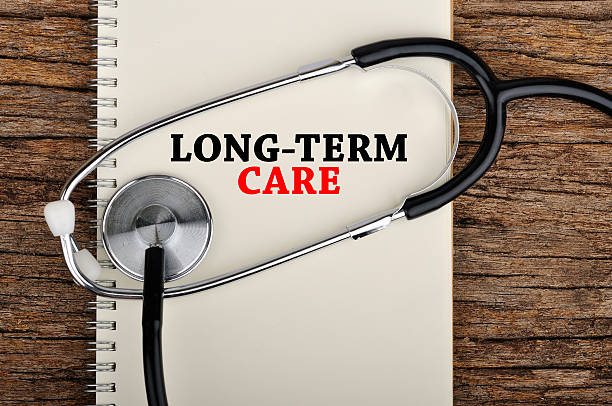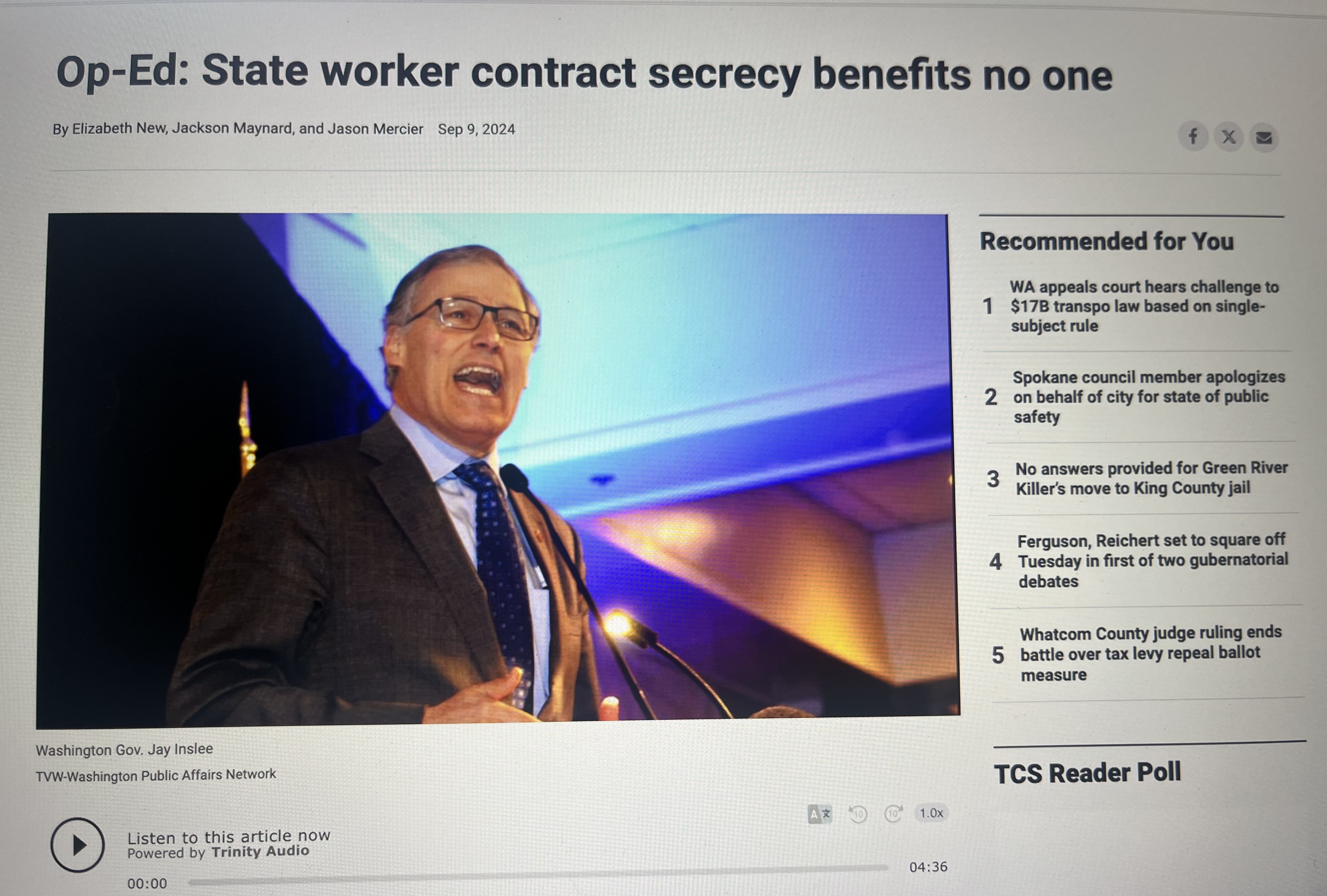Advocates of increasing the minimum wage routinely claim that doing so will stimulate the economy, encourage growth and create jobs. Ignoring the basic economic law of demand, which dictates that when the cost of something goes up, demand correspondingly goes down, these supporters instead argue that when workers earn more money they spend more money, which in turn benefits employers. Everyone wins.
Of course, the only ones who really win are the workers who have a job; those who don’t will have a harder time finding one.
The non-partisan Congressional Budget Office is the latest to come to this logical, and predictable, conclusion. Yesterday the CBO said an increase in the federal minimum wage from $7.25 to $10.10 per hour could result in the loss of 500,000 jobs by 2016.
This is not surprising. In a recent study, economists at the University of California-Irvine and the Federal Reserve Board found, “…the evidence still shows that minimum wages pose a tradeoff of higher wages for some against job losses for others, and that policymakers need to bear this tradeoff in mind when making decisions about increasing the minimum wage.”
The fact is the overwhelming majority of studies have shown that a high minimum wage decreases employment opportunities—the bigger the increase, the more negative the impact on employment. And it is inexperienced workers, such as young people, who suffer most when the minimum wage is increased because job opportunities for the lowest skilled workers disappear. The fewer skills and experience a worker has, the less their output is worth to employers, and when their output is worth less than the mandated minimum wage, employers opt to hire more skilled workers.
One minimum wage advocate, syndicated columnist Froma Harrop, chooses to view this phenomenon with a glass-half-full perspective. In a column printed in The Seattle Times today, she asserts that a high minimum wage is “good for businesses,” because “employers now have their pick of the most motivated workers.” She says businesses in SeaTac report “a surge” in applicants who want to earn the new $15 wage mandated by the city.
What she leaves unspoken is the logical conclusion to this observation, which is that the applicants with few skills or experience that might typically fill those jobs now have fierce competition from applicants with far more skills.
Harrop’s refusal to acknowledge what is clearly a negative result of a high minimum wage brings to mind a column in The Economist last year. The writer relates his frustration with minimum wage supporters’ refusal to admit that increasing the minimum wage comes with costs they believe are acceptable:
Most economically literate observers really do understand that raising the minimum wage will screw up the prospects of a fair number of poor young workers. Those who favour raising the minimum wage anyway just think that, all things considered, that's a price we ought to be willing to pay. But they can't say that, just as second-amendment enthusiasts can't say that an occasional grim harvest of kindergartners is a price we ought to be willing to pay for the freedom to own guns. One of the most maddening things about political debate is that it's rhetorical suicide to accept tragic trade-offs. So one must deny that there are trade-offs. It's got to be all benefit, no cost. And that's why we find so few willing to step forward and say, yes, 'minimum wages pose a tradeoff of higher wages for some against job losses for others', but let's raise the minimum wage anyway, because, in the final analysis, the benefit to those who enjoy higher wages will be greater than the cost suffered by those put out of work, and this distribution of burdens and benefits is not too unfair to stomach."




